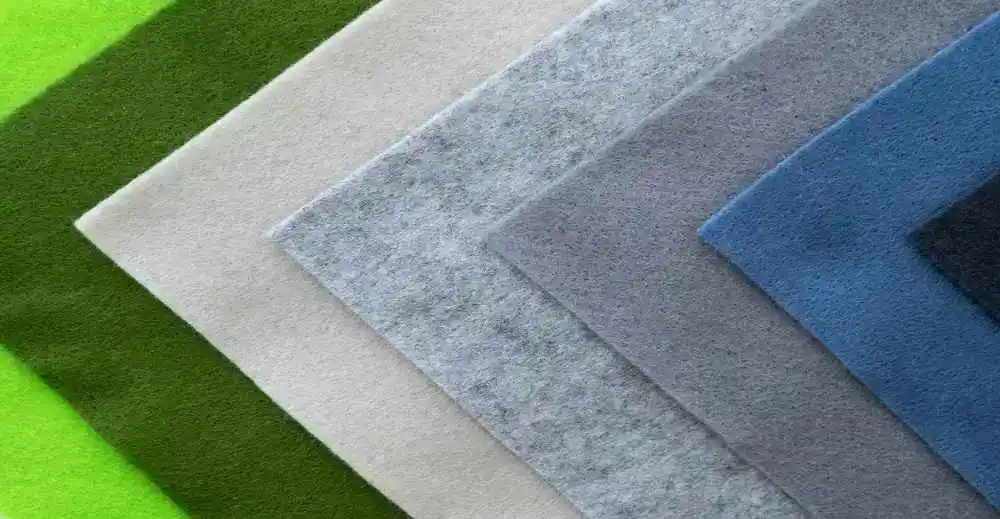Key Players in the Polycarbonate Market: Strategies and Innovations Shaping the Industry

Polycarbonate is the term applied to a supple thermoplastic polymer which has become one of the essentialities in various industries. It is used for impact resistance, optical clarity, weightiness, and heat resistance. Different industries where applications are found include automobiles, electronics, construction, medical equipment, and consumer items. There is stiff competition in the global polycarbonate market, with major players offering strategic measures and introducing novel solutions to grab market share and satiate the market need for more earth-friendly and high-performance materials.
Moreover, technological advancements like laser-cutting, printing, and coating techniques are major catalysts for market growth because they have enhanced the applicability of polycarbonate film across various industries. This technology allows a very detailed and intricate cutting of polycarbonate films, which makes it possible to produce complicated forms and designs with a precision never before seen in manufacture. This radical change in process has made more effective, economical manufacturing possible, printing technologies have made possible personalization and branding of polycarbonate films possible, and increasing use in the automotive industry which has also increased the sales of new vehicles, leading to high demand for polycarbonate market. For instance, automotive sales increased from 65,101,201 in 2022 to 73,041,198 in 2023.
Figure 1: Sales/registration of New Vehicles, Global, 2022 to 2023
 Source: OICA
Further, the polycarbonate industry is ruled by only a few, major multinational companies- Covestro AG, SABIC, Teijin Limited, Mitsubishi Engineering Plastics Corporation, LG Chem, and Idemitsu Kosan Co. Ltd. Such organizations are at the forefront of innovation, have efficient supply chains, and pay attention to the client's need for product development. These companies derive their market dominance from enormous investments in R&D and alliances with advanced manufacturing capabilities.
Let’s discuss each in detail.
Covestro AG
Covestro is the leading producer of high-tech polymers globally, as well as one of the top companies producing polycarbonate resin.
Strategy:
Source: OICA
Further, the polycarbonate industry is ruled by only a few, major multinational companies- Covestro AG, SABIC, Teijin Limited, Mitsubishi Engineering Plastics Corporation, LG Chem, and Idemitsu Kosan Co. Ltd. Such organizations are at the forefront of innovation, have efficient supply chains, and pay attention to the client's need for product development. These companies derive their market dominance from enormous investments in R&D and alliances with advanced manufacturing capabilities.
Let’s discuss each in detail.
Covestro AG
Covestro is the leading producer of high-tech polymers globally, as well as one of the top companies producing polycarbonate resin.
Strategy:
 Source: OICA
Further, the polycarbonate industry is ruled by only a few, major multinational companies- Covestro AG, SABIC, Teijin Limited, Mitsubishi Engineering Plastics Corporation, LG Chem, and Idemitsu Kosan Co. Ltd. Such organizations are at the forefront of innovation, have efficient supply chains, and pay attention to the client's need for product development. These companies derive their market dominance from enormous investments in R&D and alliances with advanced manufacturing capabilities.
Let’s discuss each in detail.
Covestro AG
Covestro is the leading producer of high-tech polymers globally, as well as one of the top companies producing polycarbonate resin.
Strategy:
Source: OICA
Further, the polycarbonate industry is ruled by only a few, major multinational companies- Covestro AG, SABIC, Teijin Limited, Mitsubishi Engineering Plastics Corporation, LG Chem, and Idemitsu Kosan Co. Ltd. Such organizations are at the forefront of innovation, have efficient supply chains, and pay attention to the client's need for product development. These companies derive their market dominance from enormous investments in R&D and alliances with advanced manufacturing capabilities.
Let’s discuss each in detail.
Covestro AG
Covestro is the leading producer of high-tech polymers globally, as well as one of the top companies producing polycarbonate resin.
Strategy:
- Leadership:
- Global Presence
- Digitalization:
- Recycled Polycarbonate:
- Automotive Applications
- Sustainable Solutions
- Market Expansion:
- Collaboration:
- High-Performance Materials:
- Renewable Energy Applications:
- Focus on Lightweight
- R&D Excellence:
- Automotive Composites:
- Specialized Products:
- Sustainability Focus:
- Medical-grade polycarbonate:
- Advanced Resins for Electronics:
- Integrated Power Supply:
- Sustainability Commitment:
- Transparent and impact-resistant grades:
- Construction Applications
- Diversification of markets:
- Collaboration:
- Heat-Resistant Polycarbonate
- Eco-Friendly Materials:
Get in Touch
Interested in this topic? Contact our analysts for more details.
Latest Blogs

Solar Control Window Films Market expected to reach USD 1,224.951 million by 2030
Sep 17, 2025Top Companies Leading the Silicon-Based Capacitor Revolution
Apr 28, 2025
The Role of Chemical Blowing Agents in Sustainable Foaming Solutions
Apr 15, 2025
Top 10 Emerging Beverages Set to Dominate the Market in the Coming Years
Feb 6, 2025